DoKa FOCUS #1
Horacio Reyes páez
Horacio Reyes Páez
'The questions that matter and the ones that will show up in your art depend on introspection, your inner development.'
FOCUS #1
'My pursuit is always to use poetry as a bridge to understand what cannot be said, what cannot be seen or felt through the ordinary senses.'
Horacio Reyes Páez was born in Montevideo, Uruguay in 1987.
Coming from a family of renowned Uruguayan artists (Páez Vilaró Family) he started his work as a filmmaker and photographer when he got his first analogue and videotape cameras at age 16.
Through his family he had a deep and early contact with plastic arts and was introduced to the world of classical music by his mother Agó Páez Vilaró. Also through his father, the recognised Uruguayan advertising creative José María Reyes Delgado, he was nurtured first hand from the most important school of communicators in Montevideo.
Apart from visual storytelling, Páez’s strong potential with music was shown when he started playing his first Bach preludes on classical guitar at the age of ten, passion that led him to become a classical music performer and composer.
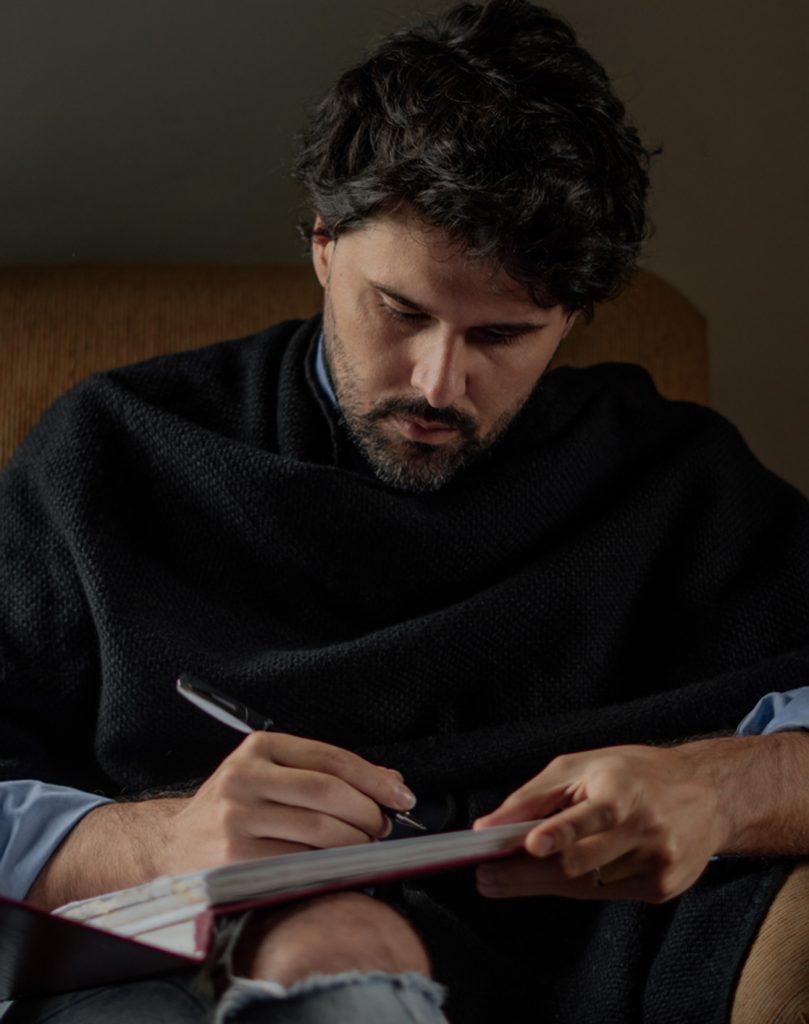
Parallel to this, his musical career led him to settle in Vienna, Austria, and was invited to study classical guitar with consecrated guitar maestro, Alvaro Pierri (MDW).
Reyes Paez now works as a director, cinematographer and photographer, writer and producer in the city of Vienna, as also continues to work in Uruguay and Argentina.
What drives you to create and share your work?
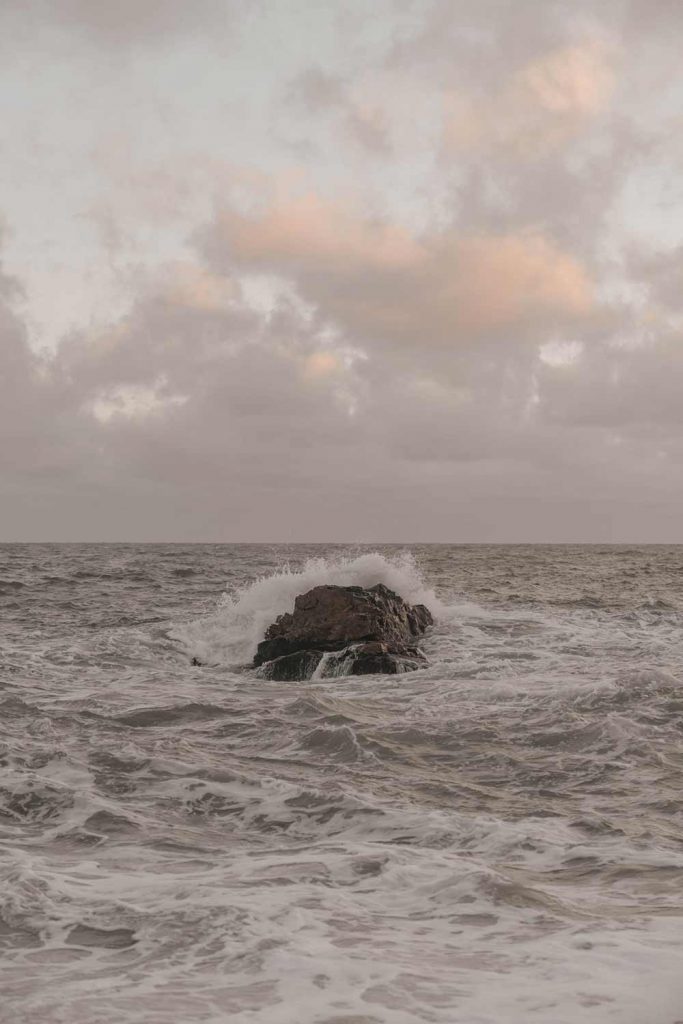
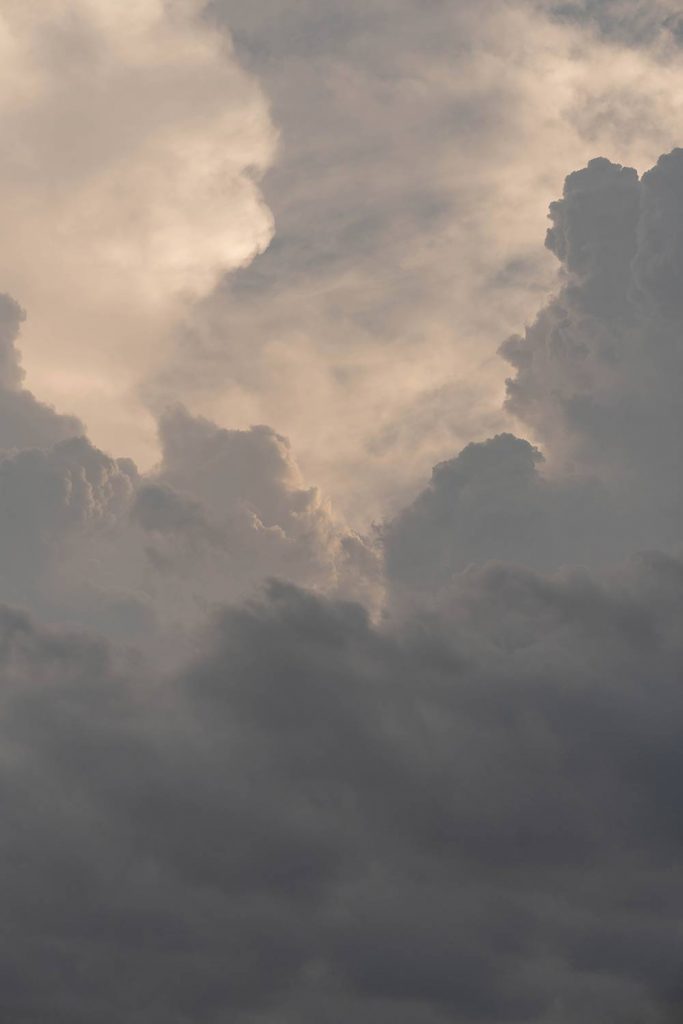
Who do you create for? Who do you like to reach and what message do you like to get across?
What role do you (fore)see for visual storytellers in our hectic and fast-changing world?
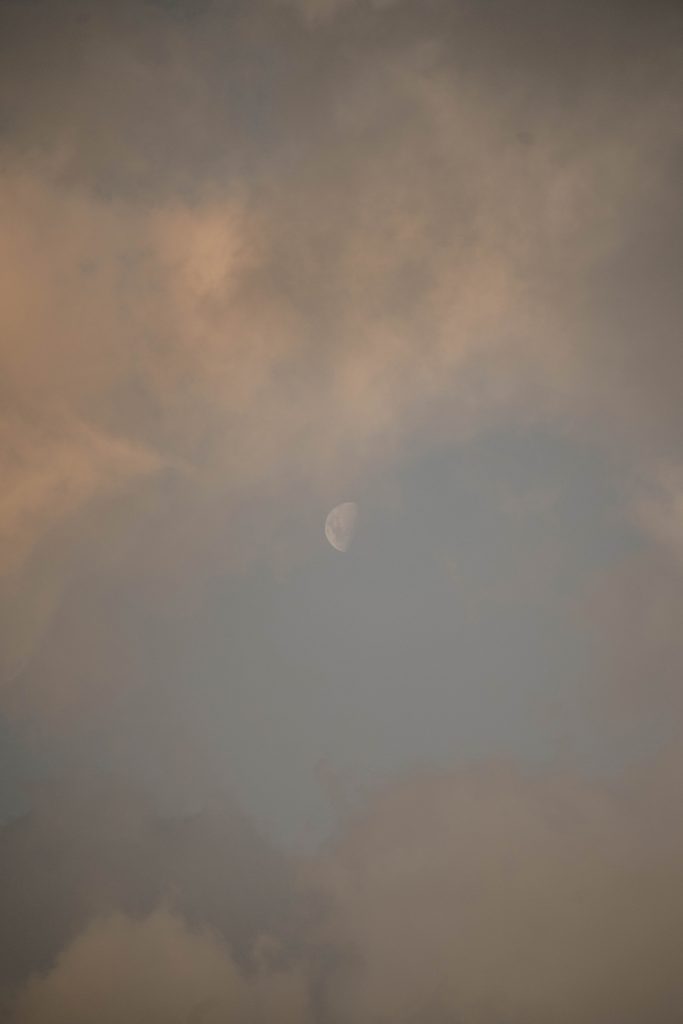
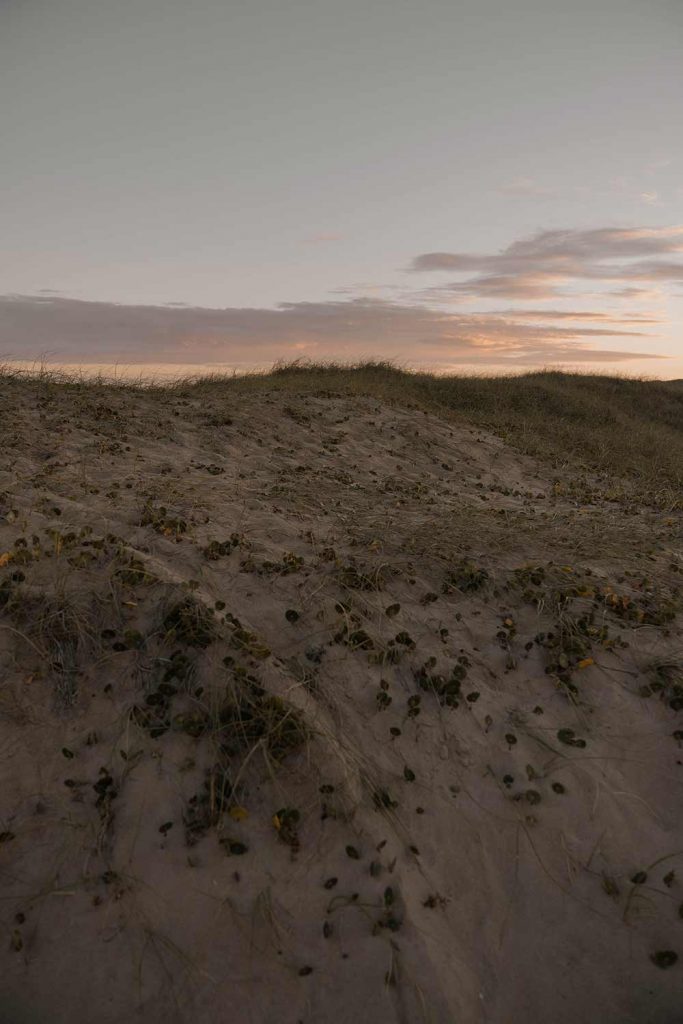
Best decision(s) made so far in your career?
Horacio Reyes Páez
Silencing external voices as much as I can to start listening to my own internal voice is the biggest exercise for me to be able to articulate my own artistic language.'
FOCUS #1
What advice would you give to aspiring storytellers taking their first steps in getting their story out there?

Connect
Subscribe to the mailinglist
Need some inspiration in your inbox? We share artist’s stories, updates on new events and pick your brain every now and then.